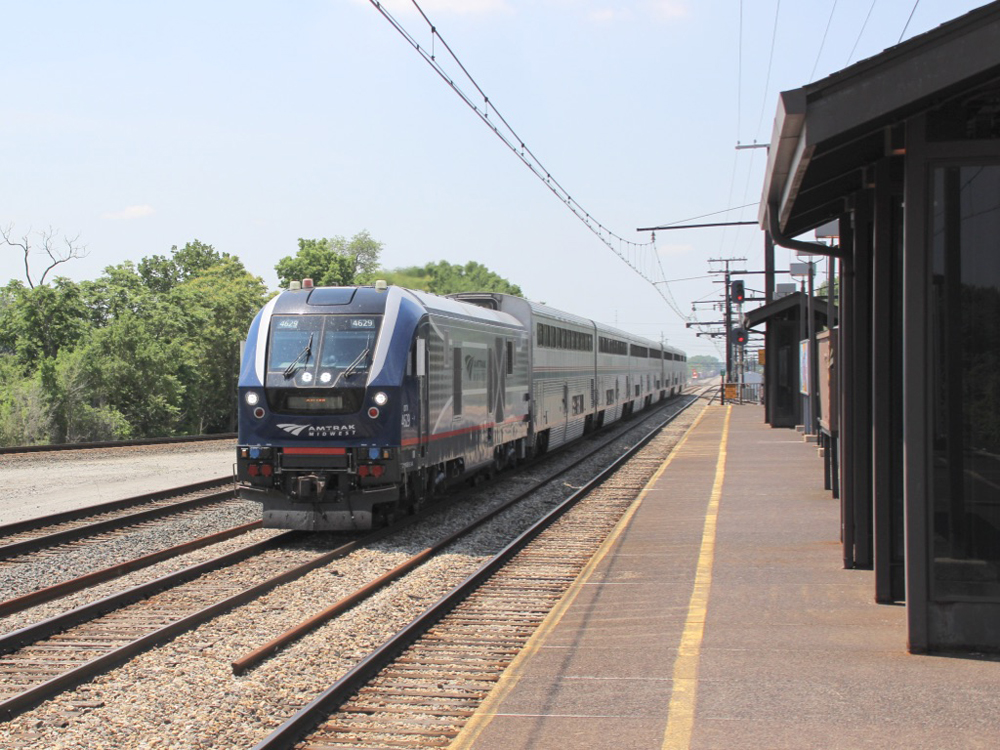
WASHINGTON — Amtrak would have owed Canadian National $1.4 million for delays its passenger trains caused to CN freights last year under the CN’s proposal for a new operating agreement, according to a document filed with the Surface Transportation Board on Tuesday (July 22, 2025).
The CN filing and one from Amtrak are in response to an STB decision in April that asked one or both of the parties to provide more information on 14 different aspects of their long-running dispute over the new agreement. [see “STB asks CN, Amtrak …,” Trains News Wire, April 10, 2025]. The matter has been before the STB since 2013, leaving Amtrak’s operations on CN governed by an agreement dating to 2011.
While such agreements between Amtrak and freight railroads have long addressed delays freight trains cause to passengers, CN is seeking to introduce a penalty for Amtrak-related disruptions to its freight service. The explanation of CN’s proposed methodology is technical and densely explained, and large portions of the public version of the document have been redacted. But CN argues it “is now confident that it can, without undue burden, quantify the incremental costs of freight delays due to Amtrak specifically and verifiably.” Costs would be assessed on a per-freight-delay-hour basis.
The railroad did say it is open to working with Amtrak to establish a simplified methodology for determining such delay costs. It also argues that its method is “very conservative” and that “actual incremental costs of freight delay due to Amtrak are thus considerably higher.”
Amtrak’s filing also contains significant redactions in its calculations of penalties CN would incur for delaying passenger trains. The passenger operator contends CN is not entitled to recover delay costs because it is required by statute to provide Amtrak with operating preference and is therefore “not entitled to compensation for complying with this statutory obligation.” Amtrak also argues that CN benefits from being relieved of its common carrier obligation to provide passenger service.
In addition, Amtrak argues the costs do not fit the statutory definition of “incremental costs” because they are not as a result of Amtrak using CN’s facilities or CN providing services to Amtrak. “Rather,” according to the filing, “these are costs associated with CN’s use of its own locomotives to transport its own freight.” (Emphasis in the original.)
Both parties also addressed a question raised by Board member Karen Hedlund regarding whether host railroads should provide compensation for Amtrak and its passengers when train cancellations are the responsibility of the line owner. Not surprisingly, Amtrak sees such compensation as a “reasonable term” that should be required by the board, while CN argues against the concept, saying it would require legislation that would “fundamentally change Amtrak’s relationships with both its passengers and its hosts.”
CN further says host-railroad compensation would be “anomalous and unreasonable” because they “have no control over Amtrak ticketing prices or policies, and lack even a direct contractual relationship with Amtrak passengers.” Amtrak, on the other hand, argues that without such a requirement, “CN has no accountability for delays to Amtrak’s passengers — or the resulting costs for reaccommodating them — necessitated by its own acts, omissions, and/or operational decisions.”
CN and Amtrak now have until Sept. 22 to respond to each others’ filings.






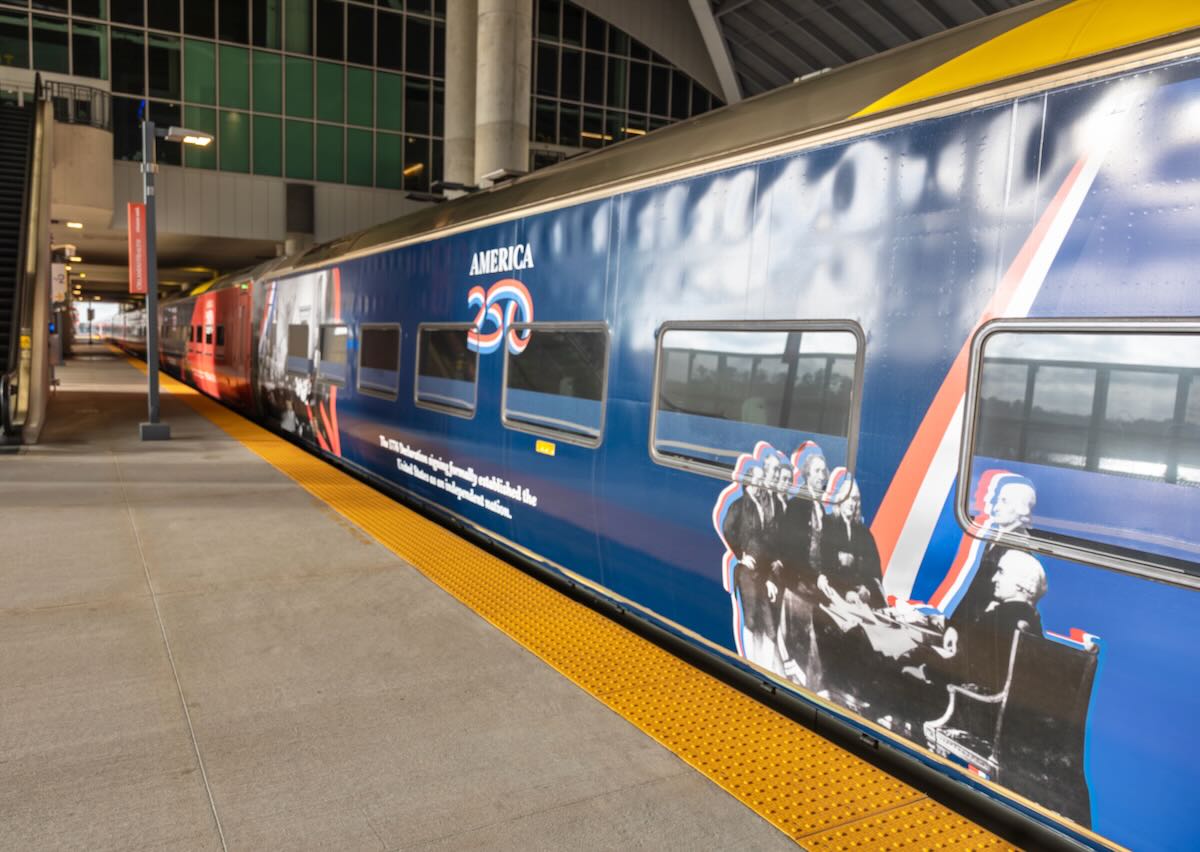
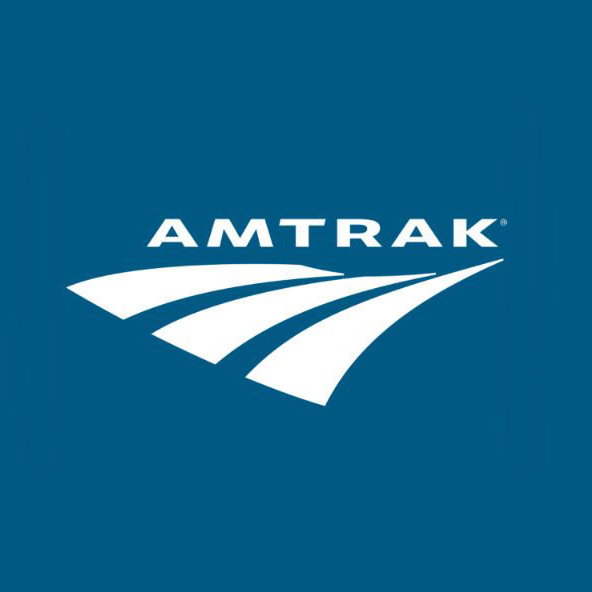
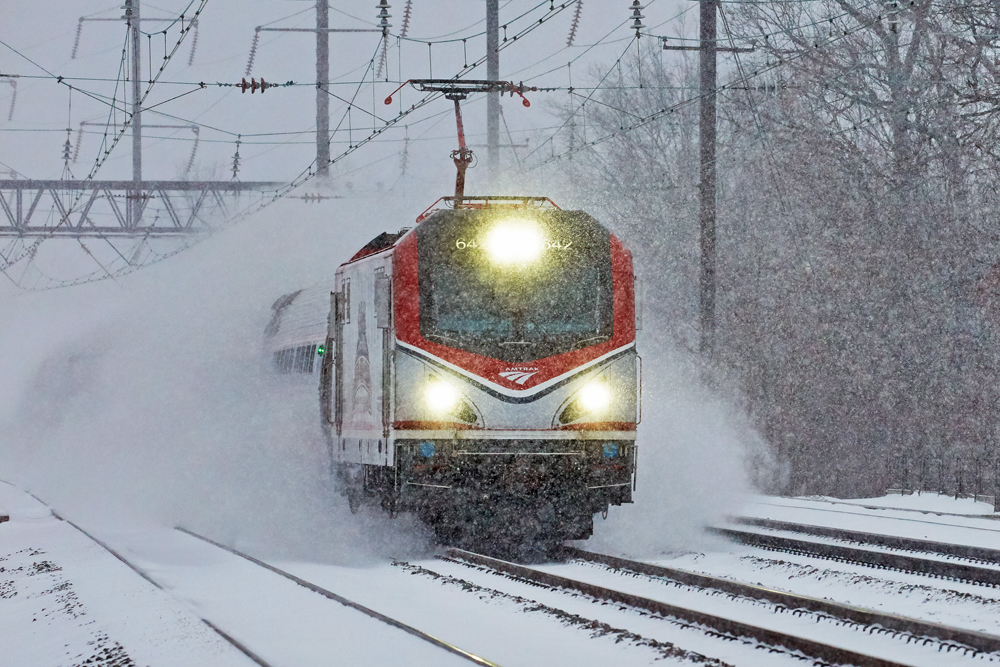
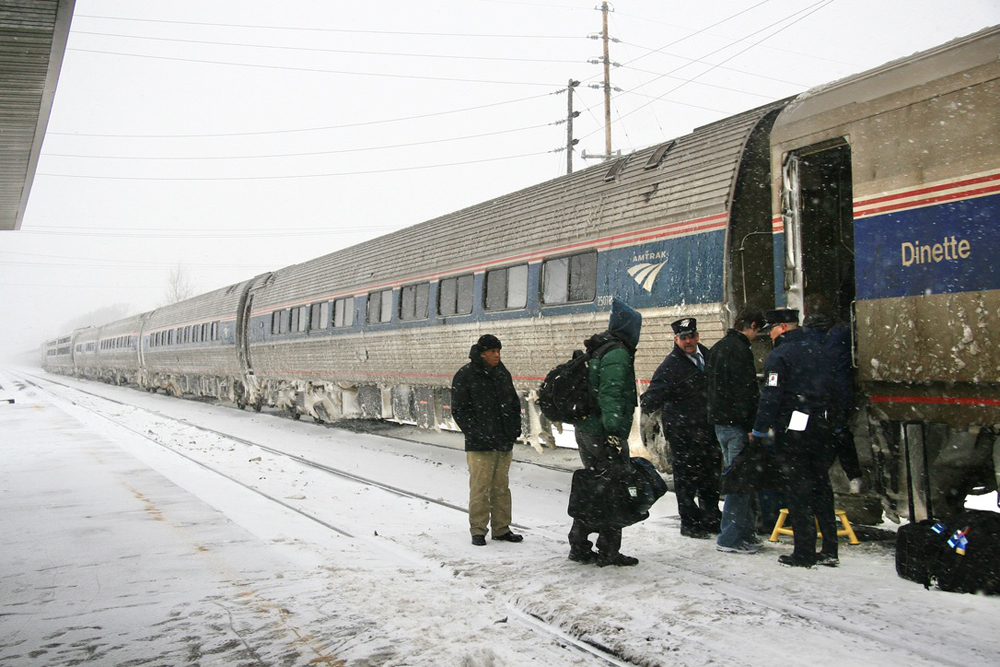




Sounds like a good deal Mr Toth! All the added expense & lost revenue due to CN’s bogus shunting issues. Some RR’s need to get in line if they want their death knell mergers to proceed there’s going to be plenty of objections & conditions & passenger rail should be one of them. Rail industry’s current condition is like a bunch of captains that sunk their own ships & are now try to stay afloat with each other debris. Next chapter Nationalization after profiteers trashing!
Does that mean CN would then pay Amtrak $20 million for delaying passenger trains???
Upgrading infrastructure should be the critical incentive to railways hosting passenger trains be they private or publicly operated. Brightline would be a perfect example of upgrading and double tracking the Florida East Coast Railway. This would also eliminate traffic congestion, a common cause of late Amtrak trains and freight trains.
The argument points to the folly of requiring the nation’s highly productive freight rail carriers to host Amtrak’s money losing passenger trains.
In theory, at least, Amtrak was created to relieve the investor-owned railroads of money losing passenger trains. A good idea. The it was bastardized by requiring them to host passenger trains that as of the end of FY24 has lost $45.5 billion before adjustment for inflation.
What is done is done. The best way forward would be for Amtrak to reimburse the freight carriers the fully allocated cost of hosting its money losing passenger trains as opposed to the marginal cost incurrent by the railroads. If Amtrak paid the true cost of hosting its trains, the freight carriers would get everything out of the way to get them through on time.
You’re so right Paul.
You’re so right Paul.
So, Paul and Robert, what you’re saying is no Amtrak. I hear you and it’s hard to argue your points. All I can say is that CPKC and to a lesser extent BNSF manage to move Amtrak trains at the price Amtrak can pay for track space.
UPRR (or UPRR/NS) never will.
With all the airline accidents and near-misses we’ve been hearing about lately, I find it incredible that the railroad high(er) speed passenger industry can’t profitably compete with the airlines, domestically, (and including Canada and Mexico). Those “private” airlines are much government subsidized, and it seems to me that competitive, high speed domestic passenger train service planned efficiently, should help alleviate some of the safety burdens in the over crowded airline industries. And with the concepts of PTC and PSR, high(er) speed passenger trains should easily be able to co-exist with mainline freight trains.
I should add to my above comment that the mainline double tracking, with reverse traffic capabilities, in many of the U.S. mainline railroads in the recent past years, along with PTC and PSR, should also help with the idea of high(er) speed passenger service co-existing with freight trains.
JEFFREY HAMMER — There is no conceivable passenger rail system that could make a dent in the airlines’ domestic passenger counts. Not at any price and no matter how many decades of patience you are willing to wait.
Next time you’re in an airport, walk the concourse from gate to gate. The airlines fly hundreds of city pairs where there aren’t even tracks let alone track capacity.
If you want to see a crush-loaded train that runs at favorable frequencies at all hours, fly into DEN Denver International Airport then take the people-mover train from the three concourses to the terminal. The airlines can – and have – added routes and capacity over the decades while VIA Rail and Amtrak have gone from being troubled to being to being rolling jokes. As for the recent spate of airline crashes around the world, it hasn’t stopped the millions who fly every day.
With my personal flight log having reached an even 200 takeoffs and landings this week (since 1966) I’ve had my share of delayed takeoffs. Compared to Amtrak or VIA late trains, cancelled trains, bus bridges, etc., is nothing.
Hello Charles Landey, what I’m suggesting in my above comment is that we, especially in free enterprise, need to seek out potentially profitable INTERCITY routes that can compete against domestic airlines, by using existing railroad infrastructure, such as Brightline in FL, not to mention Brightline West’s construction attempt in LA CA to LV NV. We can not rely much on the government owned stagnant bureaucracy known as Amtrak to do that.
I wouldn’t be a bit surprised if even major airlines would invest (stock) in an EFFICIENT, privately operated, high(er) speed intercity passenger railroad in order to efficiently reduce short haul airport congestion, delays, and adverse safety issues.
Oh and another thought Jeffrey Hammer. If we had more trains (traffic diverted from the airlines) where would they go in the cities.
I just now got in from a flight originating at DEN Denver International Airport. I can’t imagine that Denver Union Station could handle 5% of the traffic that the airport handles. (If even 5%%.) That is, if the passenger trains could even get to Denver over those single-track freight railroads.
Nationalize Canadian National! 😀
Sounds fair.
I once knew a lawyer who had supported himself for ten years on one ongoing case regarding eminent domain and the value of taken property. I think I have now found a longer-lasting and more lucrative gig.
Hey CN, how many freight delays did you experience because you can’t fix a shunting issue south of Effingham?